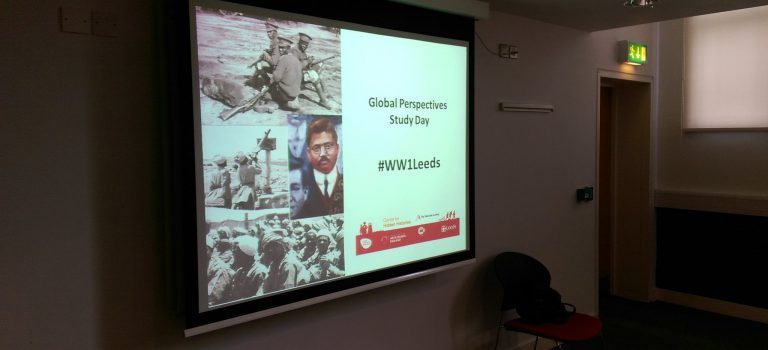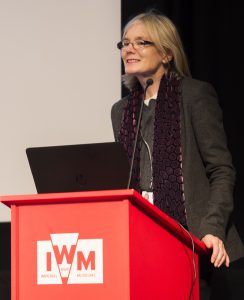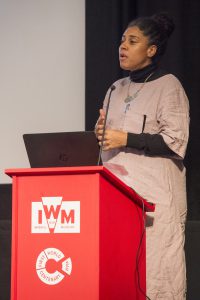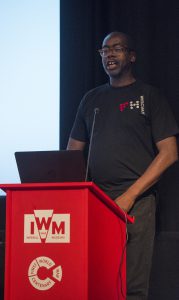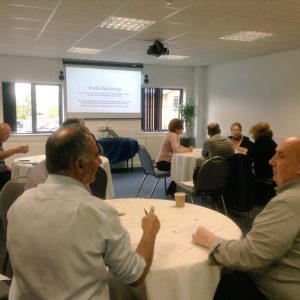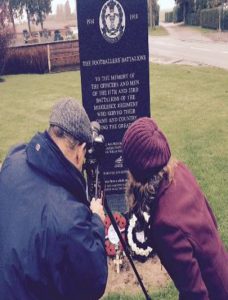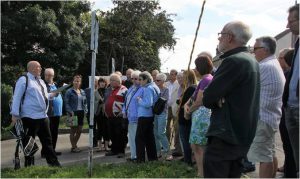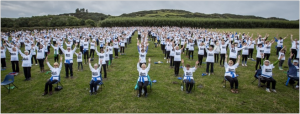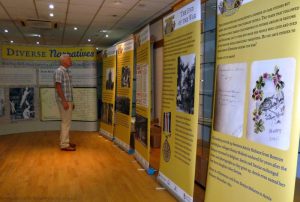On 21st and 22nd October, the Centre was very pleased to support a pair of events in partnership with Leeds City Museum. The events, which were held as part of Black History Month, were designed to examine histories and perspectives that are often overlooked.
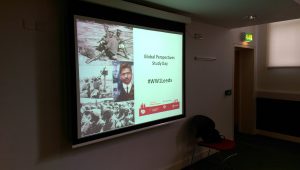
On the Friday, a study day, entitled ‘Global Perspectives on World War One, was held at the museum. Papers were presented from a variety of speakers on a wide range of topics including how Black Soldiers and the wider African and Caribbean communities helped Britain during two World Wars, the life of Leeds Pal, Private Jogendra Sen, Chinese Perspectives on the Great War and female nurses’ relationships with non-white soldiers.
Staff from the National Archives, provided insights into the material that they hold on West Africa and South Asia and discussed the challenges of researching this area of the war and the value of examining the war through the themes loyalty and dissent.
On the Saturday, the museum opened its magnificent Broderick Hall for a community day called ‘Peoples’ Pathways: Soldiers from Overseas in World War One’. This event was largely performance-based, with music, spoken word and interactive talks.
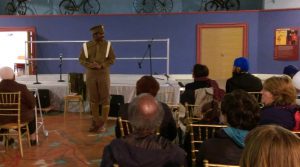
Community historian Jahan Mahmood brought items from his travelling military museum and gave an illuminating talk on Muslim perspectives on the war. Russell Smith performed a monologue in character as Walter Tull, footballer and British Army officer and the event was rounded off with a beautiful performance of the World War One inspired Sacred Songs by Alchemy and SAA UK.
The topics were intentionally varied but nevertheless a few connecting themes emerged. One was the sheer range of stories that can be told about the war; so many that it’s possible to see the First World War not as one conflict, but many. It is important to reflect on these multiple ways of seeing history, not least because it confirms the value in having so many people take the time to explore the aspect of the war that most interests them.
Another theme to emerge was the depth of history required to even begin exploring the war. Most of the sessions examined histories with connections to the histories of empire and colonialism. Any thorough reflection of the global First World War must necessarily begin with the history of the European empires and the patterns of movement and control that developed way before 1914. So too is the history of Black and Asian people in Britain. This is also a long-term history and one that supports the view that the First World War is but a moment in a far longer set of stories about how people, willingly or otherwise, come together and find themselves sharing a common, albeit distinctive, histories.
